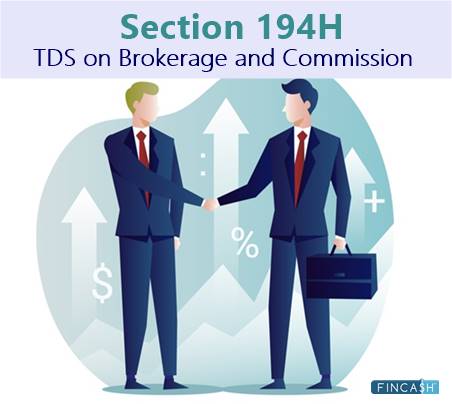
Table of Contents
What is Commission?
As per the Commission meaning, it is a fee charged by the broker or a financial advisor on rendering certain services to the clients. They might charge this fee for managing the purchases and sales of financial securities for the individual. Note that commission and fee are two different terms. The broker who charges commission is responsible for using the clients’ money for making investments and financial transactions. The individual who follows the fees-based system will have a fixed rate on the services they offer.

The transactions that take place between the family members must not be confused with the commission-based deals. They are rather regarded as the gifts of equity. Some brokers generate most part of their profits from charging a commission on the customers’ transactions. The rate of the commission could vary from broker to broker. The individual might charge a commission even if the order is canceled. Sometimes, the broker may not charge commission on the orders that are not filled.
Commission Rate
The commission could deduct a major portion of the investor’s Earnings. Imagine you purchase 100 shares of a famous automobile company for a fixed price of INR 500 per share. Your broker charges a commission of 2% on the deal. Now, you have to pay INR 500,00 with an extra 2% on the total investment amount. Suppose the amount of this share increases by 10% in the next 4 months.
The broker charges an additional 2% commission on selling these shares to the interested buyers. Your net gain will be a lot lesser than what you must have imagined. That’s because a major part of your Income will go into the commission. Some companies offer commission-free trading services for certain types of stocks and investment funds.
Talk to our investment specialist
How does the Commission-Based Payment System Work?
The demand for the Robo-advisors and online brokers is growing rapidly in this era. These services are available for individual investors that provide you with access to ETFs, Index Funds, and stocks. However, they may or may not be reliable. While online broker services provide the user with a considerable amount of information and news regarding different financial instruments and shares, they don’t really offer any personalized suggestions.
The personalized advice is an absolute necessity for beginners and rookie investors that have just entered the share Market and are uncertain about the trading activities. Beginners are highly likely to make mistakes when investing in Mutual Funds, stocks, Bonds, and equity. That’s why most investors prefer commission-based brokerages to process their investments.
Some brokerages charge a Flat fee annually for handling the assets. This fee could vary from 0.25% and 0.50%. If you are working with a fee-based financial advisor, you will have to pay a flat fee no matter the type of investment products you buy. Usually, the financial advisors charge a fee based on the assets under management. They might also have a fixed rate. Either way, you must discuss the pricing policy with the financial advisor before making any investment decision.
All efforts have been made to ensure the information provided here is accurate. However, no guarantees are made regarding correctness of data. Please verify with scheme information document before making any investment.








